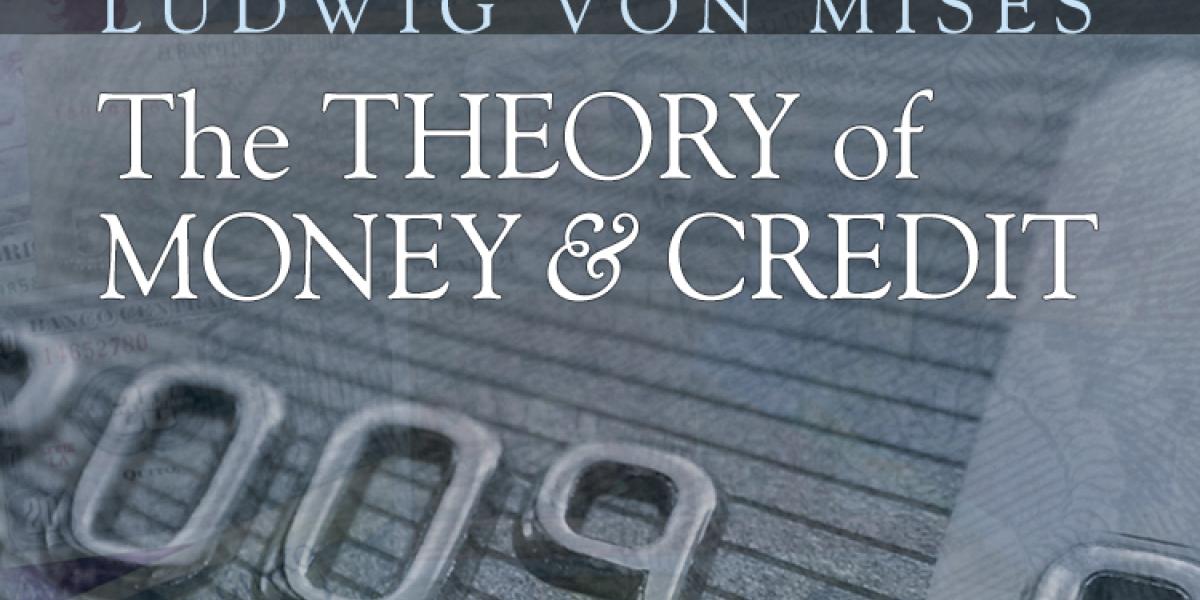Individual liberty lies at the heart of the libertarian tradition. In this tradition, self-determination is understood as an emanation of individual liberty, rather than as a right vested in the “nation” or the “state” as a collective unit. In his book Liberalism, Ludwig von Mises explains,
To call this right of self-determination the “right of self-determination of nations” is to misunderstand it. It is not the right of self-determination of a delimited national unit, but the right of the inhabitants of every territory to decide on the state to which they belong.
It is in this context that the “rugged individualism” of the American frontiersmen, as they fought for independence in both the Revolutionary War and Lincoln’s War, should be understood—as a struggle by each individual for his own liberty and right to self-determination. In his book Born Fighting: How the Scots-Irish Shaped America, James Webb depicts the Scots-Irish frontiersman as a self-reliant individualist, quoting Vernon Louis Parrington:
They were desperately poor; the available lands near the coast were already preempted; so armed with axes, their seed potatoes, and the newly invented rifle, they plunged into the backwoods to become our great pioneering race… A vigorous breed, hardy, assertive, individualistic, thrifty, trained in the democracy of the Scottish kirk, they were the material out of which later Jacksonian democracy was to be fashioned, the creators of that western type which in politics and industry became ultimately the American type.
Webb describes the Scots-Irish as “radical individualists” who never exhibited the collective group-identity that dominates today’s socialistic identity politics, where people claim to have rights based on their race or sex. To the Scots-Irish individualists,
In their insistent individualism they are not likely to put an ethnic label on themselves when they debate social issues. Some of them don’t even know their ethnic label, and some who do don’t particularly care. They don’t go for group-identity politics any more than they like to join a union.
Webb explains how this understanding of the individual as independent from the group came to be regarded more broadly as the traditional hallmark of American individualism. He further observes that the Scots-Irish had “a culture of isolation, hard luck, and infinite stubbornness.” He adds that their independent spirit was such that they even “rejected” what they saw as “Virginia’s Tidewater ‘Cavalier’ aristocracy”—an attitude that was in keeping with their “defiance of authority.” Therefore, as political conflict escalated between the New England and Southern states in the years leading up to secession and war, it might seem surprising to modern observers that the these individualists, known for their “culture of isolation,” would rally to defend a Southern “nation” spurred by events in South Carolina and Virginia that were in many ways far removed from their own daily lives. Most of them were not wealthy planters, nor did they own any slaves that would cause them to have a personal stake in the abolitionist debates.
Webb describes his own Confederate great-great-grandfather who “owned no property and the value of his possessions totaled ten dollars, neither of which was unusual in these hills [of western Virginia].” Why, then, did they rally behind the Confederate banner? Webb explains that, far from being surprising, this response reflected the very same spirit of independence and defiance of authority: “In their eyes, an outside force was not only telling them how to live their lives, but also threatening to force solutions on them if they disagreed. They would solve their own problems, if problems there were.” This is the point that people fail to appreciate when they ask why the South seceded for independence—they ask, “Independence to do what?” and “States rights to do what?” The answer is, independence to solve their own problems, and liberty to determine their own destiny.
Webb’s book highlights an important aspect of individualism that merits more attention. The ideal of individual liberty has less to do with atomistic or self-regarding character traits, and more to do with independence from collective control. Individualism in the American tradition represents the conviction that each individual is the author of his own life and is not subject to the will or control of the government. Webb describes the Scots-Irish historical rootedness in “the first wild resolute angry beaten Celt who tromped into the hills rather than bend a knee to Rome two thousand years ago,” who had “a fierce resoluteness that found itself always in a pitch against death.”
He quotes Wilbur Cash, who also commented on “the most intense individualism” of the Confederate soldiers who, when federal troops invaded the South after the secession of South Carolina, enlisted to defend what they increasingly regarded as their Southern nation. Webb describes how these men “rose like a sudden wind out of the little towns and scattered farms of a still unconquered wilderness.” He focuses on the motivation of each individual who enlisted, asking,
How did all this confusion present itself inside the mind of a typical young man called into action to fight for the Confederacy? First, the odds are overwhelming that he did not own slaves at all. Was he then merely a pawn, a simple agent of those who did? These were loyal and uncomplicated people, but their history could never mark them as either stupid or passive.
He concludes:
It might seem odd in these modern times, but the Confederate soldier fought because, on the one hand, in his view he was provoked, intimidated, and ultimately invaded, and, on the other, his leaders had convinced him that this was a war of independence in the same sense as the Revolutionary War… The tendency to resist outside aggression was bred deeply into every heart – and still is today.
This attribute of individualism emphasizes freedom from state coercion. As the historian Walter Fleming observes, Southerners “were Democrats of the Jeffersonian school, believing in the largest possible liberty for the individual and in local management of local affairs.” Similar ideals are reflected in libertarian philosophy. For example, Ludwig von Mises depicts individual liberty as the ideal of living without state interference:
The distinctive principle of Western social philosophy is individualism. It aims at the creation of a sphere in which the individual is free to think, to choose, and to act without being restrained by the interference of the social apparatus of coercion and oppression, the State. All the spiritual and material achievements of Western civilization were the result of the operation of this idea of liberty.
In his book In Defense of Freedom: A Conservative Credo, Frank S. Meyer criticizes “New Conservatives,” for misunderstanding the ideal of “individualism.” Meyer argues that, far from being atomistic, each individual is a social animal who sees the value of his fellow man:
It is true, of course, that there would be no political or social institutions, nor any meaning to political inquiry, if men lived as single isolated individuals. To insist, as I do, that the individual is the criterion by which institutions and political theories should be judged is not to deny the immediate and obvious meaning of the phrase, “man is a social animal,” that is, that each man has a multifarious set of relationships with other men.
This is often overlooked by those who assume individualism to be a threat to cohesive society. They deem it to be a concept that encourages disregard for one’s fellow man or the self-worship of oneself as a self-reliant person who neither needs nor values nobody else. The individual does not stand apart and remote from society. On the contrary, as Friedrich von Hayek emphasized, society is the basis of interaction between individuals, and it is through the interaction of free men that free societies flourish. Mises understood this notion of individualism to be essential to liberty, explaining that, “The concept of freedom always refers to social relations between men.”


























